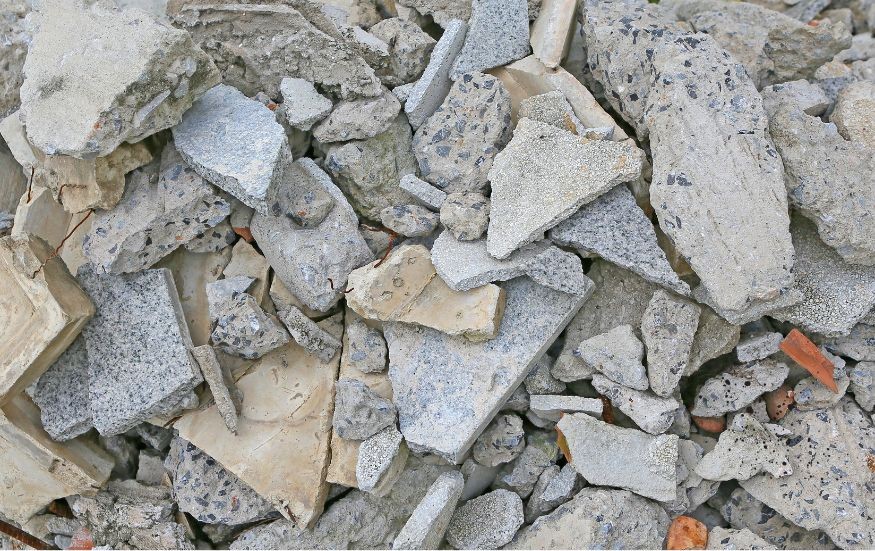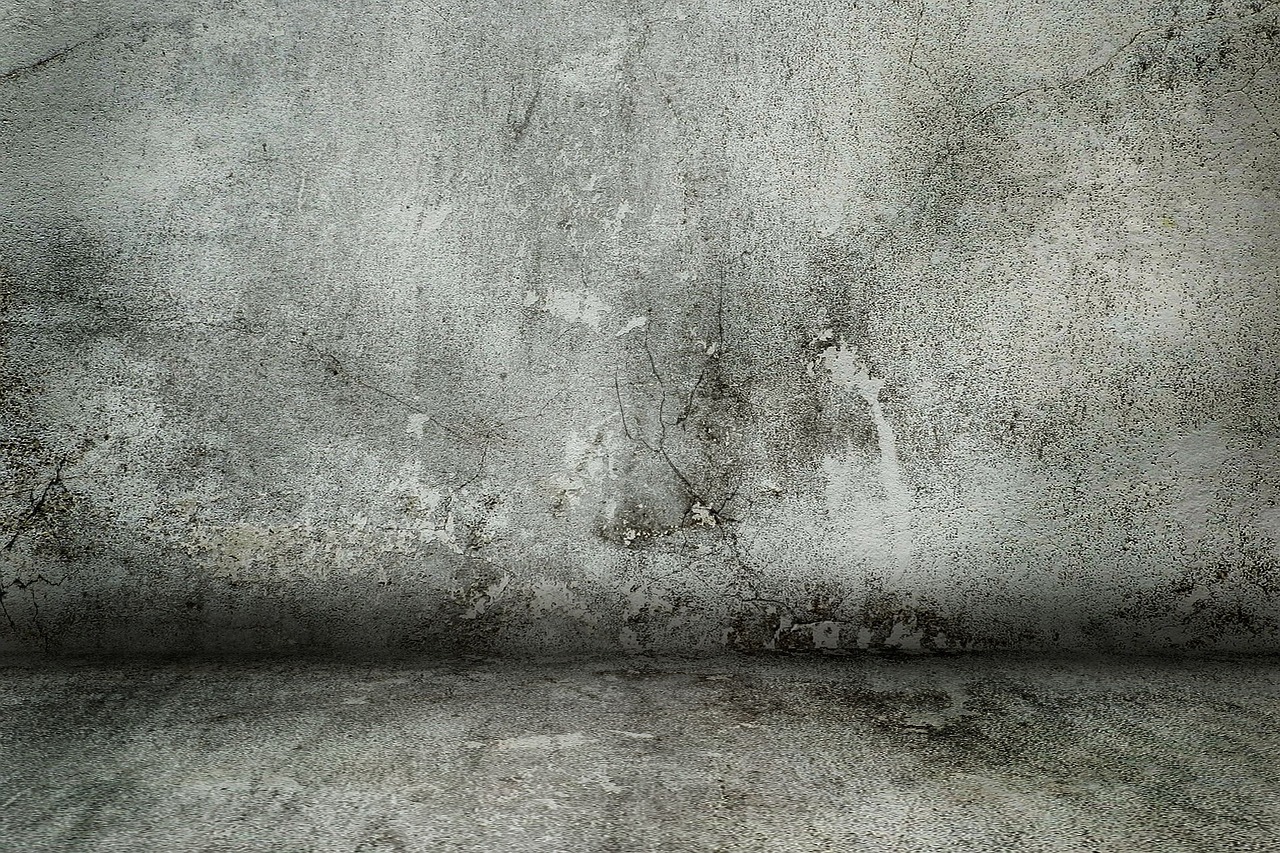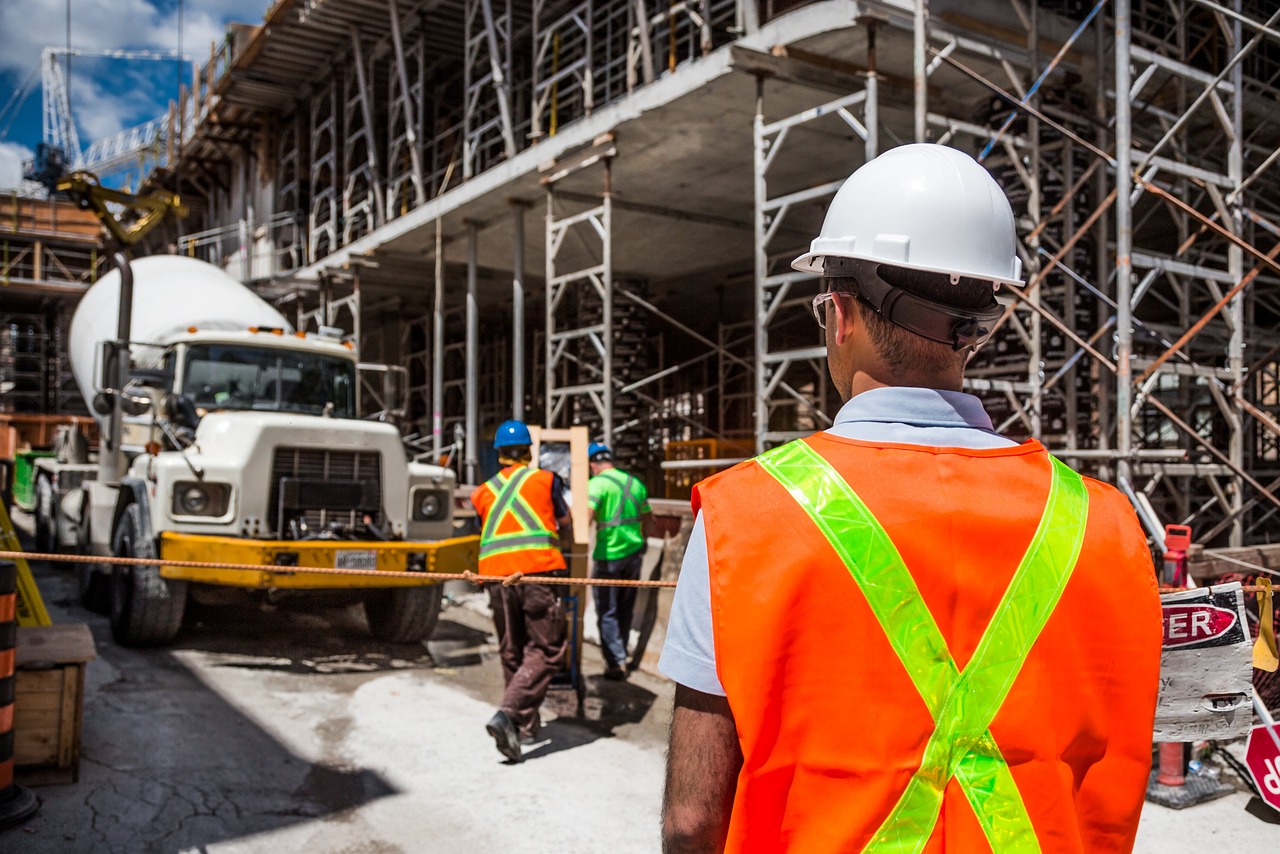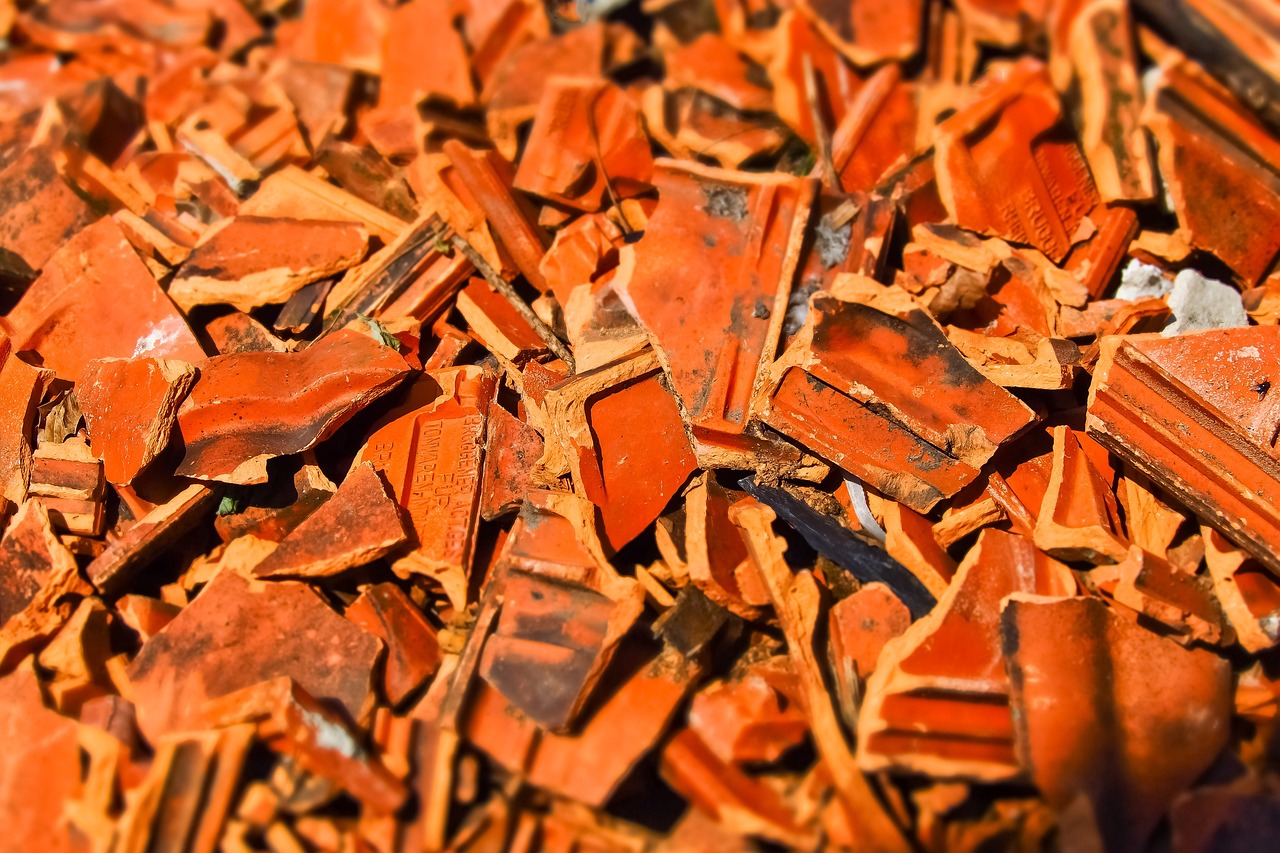Guaranteed Next Day Delivery!

How to Dispose of Concrete in Sydney
If you’re looking at how to dispose of concrete in Sydney, the good news is that it isn’t as tricky as you might imagine. There are a variety of options for concrete disposal in Sydney including some recycling centres.
However, the best way to dispose of excess or unwanted concrete is via a skip bin hire company such as Skip Bin Finder.
Skip bin companies supply special skips meant for construction and demolition waste. This is because it tends to be very heavy and most skip bins have weight limits.

Concrete is used in so many applications that it needs to be recycled as much as possible
By utilising a skip bin for your concrete and other building waste, you also ensure it can be recycled. Although many people do not realise it, concrete is recyclable and is often used to create aggregate. Concrete is also indefinitely recyclable, meaning it can be re-used repeatedly.
Keeping Your Construction Site Organised While Disposing of Concrete in Sydney
Construction and demolition projects are, of course, very messy. They produce a large amount of waste, dust, and debris. Organising waste materials is very important because a disorganised construction project can be both dangerous and disastrous.
Not only do disorganised waste materials look bad to passers-by and neighbouring properties, but they can also pose hazards. Building waste must be cleared up continually so that the project can move smoothly and workers can easily navigate the site.
Be Familiar with the Waste on Your Site
Whether you’re a contractor managing a large project or a homeowner handling a small build, you must know the waste produced on your property. It doesn’t matter if you have tons or just a few extra bags – you need to know what’s in there to dispose of it safely and in an eco-friendly way.
Some waste types should never be mixed because they can spoil an entire load that could otherwise be recycled. For example, a skip bin full of green waste can become unusable if oil or paint contaminates it. Batteries, aerosols, and other hazardous items must never be placed in skip bins.
How to Dispose of Concrete in Sydney- The Importance of Utilising a Professional Company
Trying to dispose of concrete in Sydney alone is not ideal. Concrete is heavy and transporting it yourself can be costly and time-consuming. Using a professional skip bin hire service is the safest and most convenient method.
Skip Bin Finder offers various skip bins across Sydney, including those designed specifically for construction and demolition waste. All you need to do is book a skip bin and place your concrete or other building materials inside. Once full, it will be collected on a day of your choosing.
This process saves time, energy, and money while ensuring your concrete is disposed of responsibly.
How to Dispose of Concrete in Sydney | What Can You Put in a Concrete Skip Bin?
Besides concrete, you can also dispose of bricks, pavers, tiles, and other similar materials. Green waste can go in a separate green waste bin. If needed, multiple skip bins can be delivered for larger projects.
What Happens to Old Concrete?
Old concrete can be recycled and often turned into aggregate for new construction projects. This re-use method helps reduce landfill and provides a sustainable building material.
Frequently Asked Questions
How Much Concrete Can I Dispose of in Sydney?
Skip Bin Finder offers skip bins in various sizes from 2 to 30 cubic metres. So, no matter the volume of concrete, we can provide the right bin.
Where Do I Take Old Concrete?
You don’t need to transport concrete yourself. Simply book a skip bin, fill it, and we collect it. Skip bin hire is affordable and convenient.
What Happens to the Concrete Waste?
Concrete waste is sent to recycling centres or transfer stations to be reused in other projects. In NSW, 75% of construction and demolition waste is intercepted before landfill, demonstrating the importance of proper disposal and recycling.


